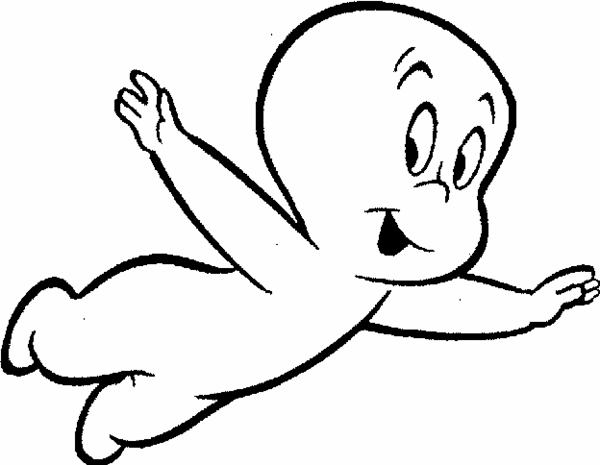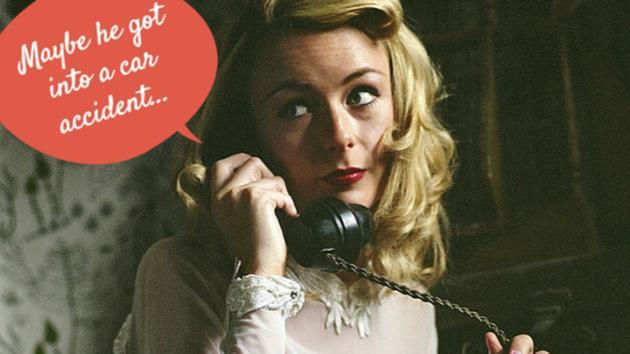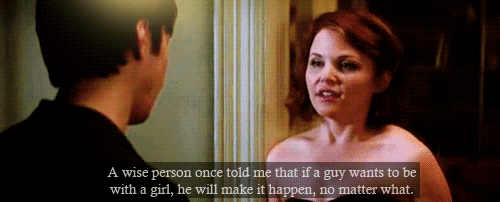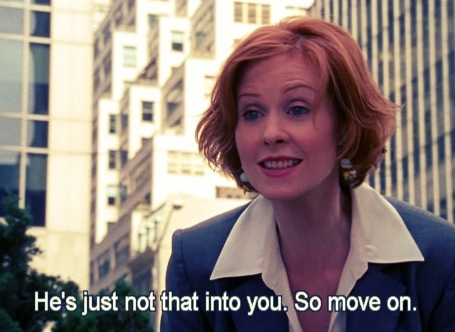It’s the scariest ghost story: you’re on a date with someone you like. It may be your first date, it may be the fourth. You’re having fun, you’re making a connection. You may have shared a kiss at the end of the night. You’re expecting to see more of them, maybe even taking it to the next level. And then… nothing. You don’t hear from them ever again.
What you experienced is called ghosting. It’s an ancient concept that has existed since cavemen started building communities, but the term ghosting is fairly new. Basically, it’s when the person you’re dating disappears into thin air, like a… ghost.
I’ve experienced ghosting from both sides. I’ve been ghosted and I’ve ghosted people. The question is: is it okay?
I always thought it was an unavoidable risk of dating and didn’t think much of it until a friend told me about it. LA, an engineer from Malaysia, told me about a guy he dated that he liked. Theirs is a story that’s common. Their relationship started out as a hookup, until LA decided to take it to the next level. That’s when the guy slowly ghosted and LA pursued him. For a year. It’s easy to scoff LA’s experience and say it was supposed to be a one night stand, but science has proven that sex releases oxytocin, also known as the cuddle hormone.
But what about those that start out as romantically dating?
If you have been dating for quite a while, it is quite rude to be ghosted. There’s already investment and it leaves the ghostee confused as to why he or she was ghosted. Instead of one swift pain, you are left wondering what went wrong and what is wrong with you. And the worst part? Knowing that you weren’t even worth the explanation.
But there are still people who advocate for ghosting. After all, it’s supposed to be less painful than saying outright that you’re not interested. Ideally, this should happen when you meet online, when there are no friends between you. And God forbid you see each other in public.
When you think about it, ghosting is prevalent in the Philippines. Filipinos are non-confrontational. JL, an actor, says that it’s more polite and less hurtful. When asked if he would prefer to be ghosted, he said yes. He said it’s already understood. In an ideal world, it would work that way, but most of the time, the ghostee’s agony is prolonged compared to being told flat-out it isn’t working.
Another question raised when talking about ghosting is: are ghosts bad people? Not necessarily. They may do it for a variety of reasons, but it’s not likely that they’re doing it maliciously. Most ghosts do it because of a crippling (but often misguided) fear of hurting the other person.










